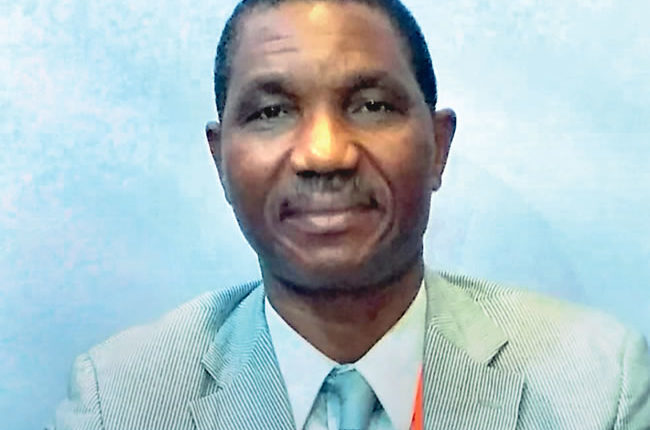Olufemi Oyedele is the Managing Director/Chief Executive Officer, Fame Oyster & Co. Nigeria. In this interview with DAYO AYEYEMI, the real estate practitioner picked holes in the proposed Real Estate Regulations Bill by the Real Estate Developers Association of Nigeria (REDAN). He is of the opinion that practices in the sector need to be reviewed and reformed, but shouldn’t be done by a fraction of all the stakeholders.
What are the holes in the proposed Real Estate Regulations bill that made the Adhoc committee reject it?
The Adhoc committee set up by the House of Representatives rejected the Real Estate Development Association bill with the excuse that “it is not in the interest of Nigerians”. In as much as we cannot underestimate the benefits of the association of real estate developers in Nigeria, we cannot even attempt to downplay the association of professionals or tradesmen because they are supported by Chapter IV of the 1999 Constitution of Nigeria. The ad-hoc committee rejected the bill because the bill needs to be sanitised as it contains many contentious issues in my opinion. Firstly, the REDAN bill attempted to usurp the regulation of property development business in Nigeria. This is unprecedented and an attempt to usurp the functions of some real estate development bodies in Nigeria. For example, there is no profession in the built environment that the Federal Government did not approve to engage in real estate development according to the definition of real estate development even by REDAN. REDAN wanted to capitalise on the sharp practices of some miscreants called “rogue developers” to appropriate functions which are already being performed by other professions and government functionaries in Nigeria. No doubt that the real estate sector needs sanitizing and clearing of the wastes, but it cannot be done by one association and should not be assigned to one. The government and its ministries, departments and agencies (MDAs) are best suited to regulate businesses.
You also said that each of the professional bodies in the real estate industry has its regulator. So, what is the bill actually talking about?
All the professional bodies which are stakeholders in the real estate industry have their regulators. REDAN seems to have underestimated and reduced the real estate industry to property development alone. In the actual sense, the real estate development process involves planning, designing, financing, construction, construction materials manufacturing, construction materials supply, marketing and distribution and maintenance. Everybody in the housing market is into real estate development. REDAN actually saw the business opportunity in every participant coming under a body before they can practice their professions and trades. The bill actually is talking about REDAN regulating the practice of real estate development to ward off the miscreants and rogues disguising as real estate developers. Thus is a tall and overzealous ambition.
What is expected of the bill?
To go through, the bill should only attempt to fortify the government’s regulation of the real estate sector. The government can do better to improve real estate investors’ confidence by reviewing real estate laws already in practice and adding to them. Since it has been established that all participants in property development cannot come together to practice, REDAN cannot be a regulator of itself and others. It is not fair for anybody to be a judge in their own case.
Who should regulate property development or real estate businesses in Nigeria?
The government through ministries of lands and physical planning, housing, commerce and industry, justice and Nigeria Police Force should regulate property development or real estate businesses in Nigeria.
How is it being done in advanced economies?
In advanced economies, the government sees real estate as a business and created no bottlenecks to hinder the business of real estate. To become a property developer in the United States of America, United Kingdom, Germany, Canada etc, you do not need to belong to any association of real estate. Ghana Real Estate Developers (GREDA) was set up in 1998 under the Laws of Ghana (Company Codes Act 179 of 1963) equivalence of our Corporate Affairs Commission (CAC). GREDA’s objective is that of a lobby group for affordable housing in Ghana. The Philipines, in 1970, established the Philipines Reclamation Authority to regulate the business of real estate development in Philipines. There is also Philipines Real Estate Service Act which collectively encourages all the professions in the real estate industry to come together and establish uniform standards.
What is expected of all stakeholders concerning this bill?
What is expected of all stakeholders concerning this bill is understanding. The real estate sector practices need to be reviewed and reformed, but it cannot be done by a fraction of all the stakeholders.
Don’t you think that the real estate sector in Nigeria is overregulated?
The real estate sector in Nigeria is not overregulated, though we have adequate regulatory laws. What we lack is enforcement. No private association can put in place the necessary regulation without creating bottlenecks and unnecessary bureaucracy.
Source : Nigerian Tribune































